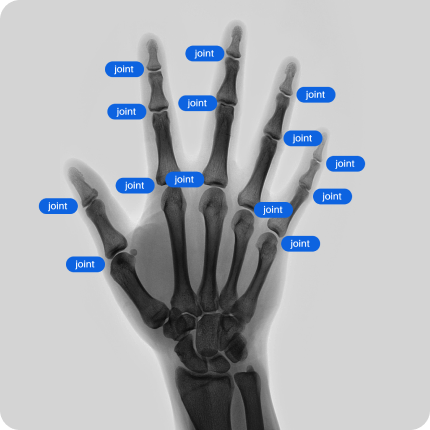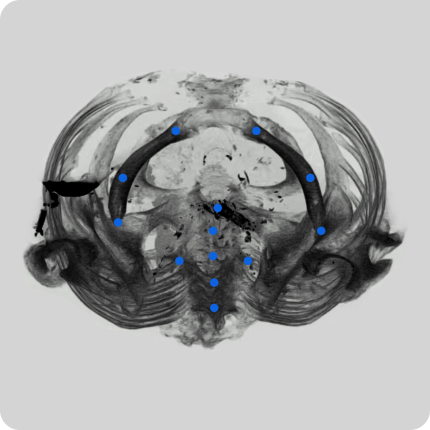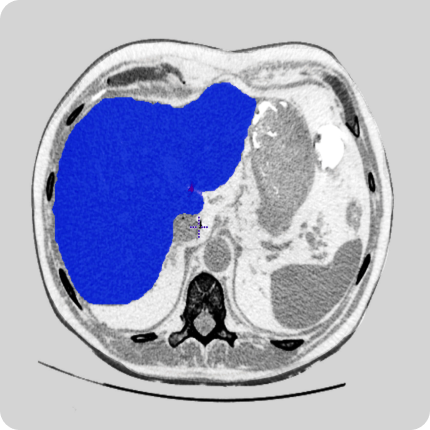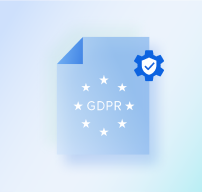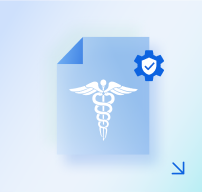This policy ensures compliance with the Health Insurance Portability and Accountability Act of 1996 (HIPAA) and its associated regulations. It limits medDARE AI SRL’s capabilities regarding the use and disclosure of protected health information (PHI).
Protected health information (PHI) is any information in the medical record or designated record set that can be used to identify an individual and that was created, used, or disclosed in the course of providing a health care service such as diagnosis or treatment. HIPAA regulations allow researchers to access and use PHI when necessary to conduct research.
PHI includes but is not limited to:
- Participant’s medical record number
- Participant’s images or video data
- Participant’s demographic details (e.g., address, telephone number)
- Entries made by doctors, nurses, and other healthcare providers in a participant’s medical record
- Information stored about a participant in a provider’s or health insurer’s computer system
- Any health information that could potentially identify an individual or allow reasonable inference of the individual’s identity based on the information’s content.
The Company is committed to fully comply with HIPAA requirements. As a result, all staff members and contractors with access to PHI are obligated to comply with this HIPAA Compliance Policy. For the purposes of this policy and the Company’s procedures regarding the use and disclosure of PHI, the term “workforce” includes employees, medical interns, doctors, subcontractors, and others whose work is directly controlled by medDARE AI SRL, regardless of whether they receive compensation from the company or not.
medDARE AI SRL can change this Policy at any time without notice. All staff members must comply with all applicable HIPAA privacy and information security policies. If after an investigation you are found to have violated the organization’s HIPAA privacy and information security policies then you will be subject to disciplinary action up to termination or legal consequences.

